I’ve often said that the line of the Our Father that should make us stop and think is “Forgive us our trespasses, as we forgive those who trespass against us.” Essentially, when we pray this line, we are asking God to forgive us to the extent that we are willing to forgive others. Are we comfortable with that level of forgiveness? Or do we find that sometimes, our ability to forgive others is lacking, due to our own pride and ego?
Our readings this weekend drive home the importance of learning to forgive others, in order to receive the forgiveness of God. Our first reading from Sirach poses a powerful question: How can one expect to receive healing from God, if they are still harbouring anger against another person? That anger, which often leads to resentment, becomes like a poison to our souls. It is a poison that we drink, thinking that it will harm the other person, when in reality it does far more to harm us. That is why, in the Sacrament of Reconciliation, I always remind people how important it is to learn to let go of anger and resentment. It is only by letting go that we can become truly free.
The parable that Jesus tells in the Gospel gives us a perfect illustration of the dangers of holding on to resentments and hurts. In the parable, the slave owed the king a debt far larger than he could ever hope to repay in his lifetime. The king’s forgiveness of that debt was a great act of mercy: one which was quickly forgotten when the slave encountered a fellow slave who owed him a much more manageable sum of money, which could have easily been repaid. The king, upon learning of the lack of mercy on the part of the slave whose debt he forgave, is justified in his anger, and justified in his response of re-imposing the debt on the slave. This parable prompts us to ask ourselves: do we want the Lord to re-impose the guilt of our sin, simply because we are not willing to forgive those who have wronged us?
In our Second Reading today, St. Paul reminds us that we all belong to the Lord, and we are all his children. I think understanding this is the key to learning how we can forgive and let go of resentments. When we recognize that all people are created in God’s image and likeness, we can begin to pray for the grace to honour and respect the inherent dignity of those who have wronged us, which is the first step on the path to reconciliation.
Sincerely in Christ,
Fr. Steven Huber, CSB
